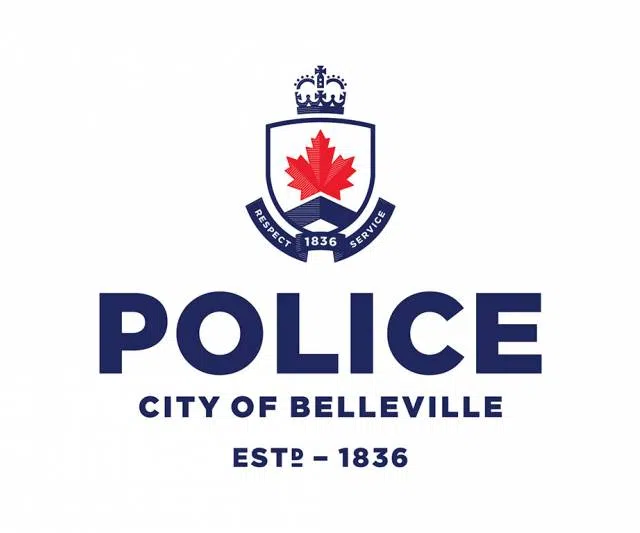
The Belleville Police Service is reminding the community to stay alert as tax-related scams, especially those pretending to be from the Canada Revenue Agency (CRA), continue to circulate.
Scammers often contact individuals by email, text, or phone, claiming to be from the CRA. Know when to be suspicious. The CRA will never:
· Send refunds or payments by e-transfer or text message
· Provide or accept payments in cryptocurrency
· Demand or pressure immediate payment by Interac e-transfer, cryptocurrencies, prepaid credit cards, or gift cards
· Threaten arrest, deportation, or imprisonment
· Use aggressive or threatening language
· Arrange to meet in person at a public location to collect payment
· Charge a fee to speak with an agent
· Ask for personal or financial information in a voicemail or email
Police urge residents to be cautious with unsolicited messages, avoid clicking unfamiliar links, and never provide personal or financial information through email or text.
Suspicious activity should be reported to the Canadian Anti-Fraud Centre.


